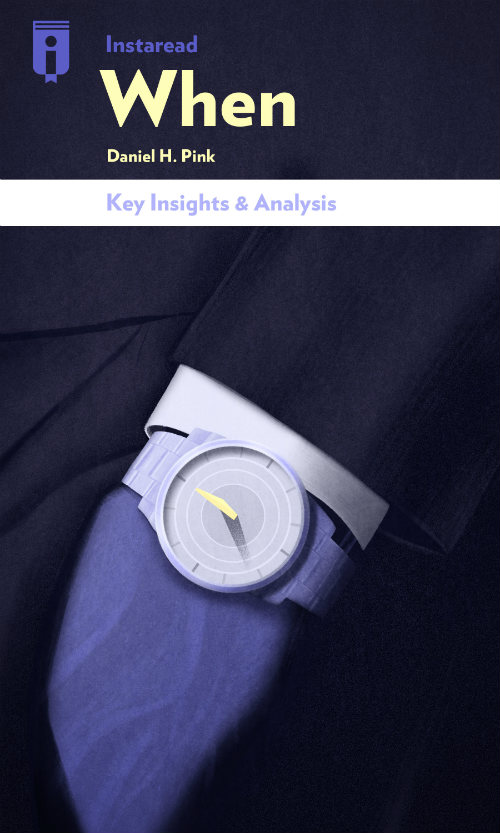As any athlete knows, it is difficult, if not impossible, to overcome an early disadvantage. In WHEN, author Daniel Pink writes about how perfect timing is often a matter of optimizing the beginning, middle, and end of projects.
One of Pink’s most important observations is that getting off to a bad start is likely to have an outsize effect on almost any undertaking.
Air travel is a good example. Statistically speaking, flights that are scheduled early in the morning have the best chance of leaving on time. Over the course of the day, even short delays start to compound. One late incoming flight begets another late outgoing flight, which leads to longer wait times and even overnight delays — a phenomenon that some holiday travelers will soon see in action.
The flipside is that getting off to a good start also has a disproportionate effect, providing an early advantage that can be surprisingly enduring. Sometimes — if not always — a small head start can be leveraged into a win.
The central lesson is that a little extra effort on the front end of a project can have a big payoff. For more tips on perfect timing, check out our Instaread on WHEN.








